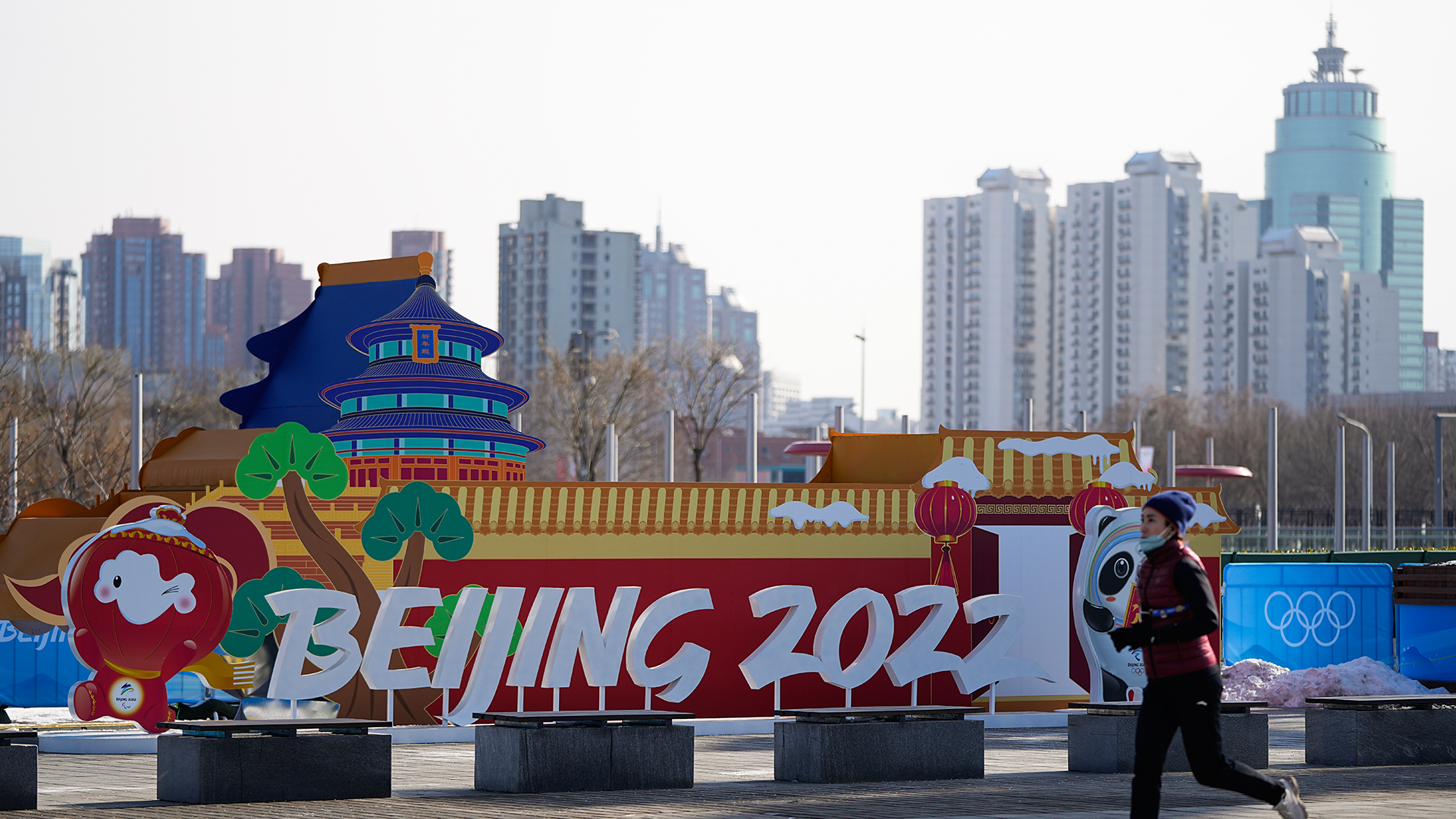
The 2022 Beijing Winter Olympics come at a perilous time in Sino relations with much of the western world. Canada is represented only by its athletes. Absent is the usual throng of official government representation as Canada has joined the diplomatic boycott with many other countries including the United States, Australia and Britain.
The Winter Games – and the Paralympics, set to start in March – represent an exciting time for Canada to showcase its natural competitive advantage as a northern country – a gold-standard competitor. However, the cloud of geopolitics hangs over the Olympics, on now until Feb. 20. The usual excitement will be challenged by the downward spiral of Canada-China relations, growing human rights concerns in Xinjiang against the Uyghur ethnic minority, and China’s increasingly aggressive and assertive behaviours toward Hong Kong, Taiwan and in the South China Sea.
But the realpolitik of China’s role in the world will demand that relations between China and the West will not be severed and will continue in the long term.
Recall the Beijing Summer Olympics in 2008. China’s Olympic slogan – “One world, one dream” – signaled that convergence between China and the rest of the world was unavoidable. Fourteen years later, China’s socioeconomic, political, environmental and diplomatic weight can be felt even more strongly throughout the world reinforced by the 2022 slogan, “Together for a Shared Future.” Confronting global challenges such as reducing greenhouse gas emissions to combat climate change, strengthening supply chain resiliency and battling the COVID-19 pandemic requires a collective effort that cannot be successful without China’s participation. In a recent Policy Options article, “World safety depends on engagement with China,” Senator Peter Harder argued that engaging with China is essential to addressing existential crises.
Nevertheless, the absence of high-level government delegations at the 2022 Games does represent frosty relations with Beijing. In delicate times like these, real-world perspectives are crucial. It’s important to ground ourselves in the realities of China’s global presence and strengthen our convictions as Ottawa formulates its approach to managing relations with Beijing through the long-awaited Indo-Pacific Strategy.
Canada’s absence is justified.
At the time of the 2008 Summer Games, two Canadians had not been arbitrarily detained for more than 1,000 days and used as pawns in a wider geopolitical game between China and the United States. Moreover, China’s retaliatory economic sanctions on Canadian agricultural goods and diplomatic provocations have soured the relationship. Although both Michael Kovrig and Michael Spavor have returned home, Canada-China relations remain frozen.
The tides have shifted between the 2008 and 2022 Games. The United States is no longer pursuing a strategy of engagement with China, opting for strategic competition as pronounced by President Biden and his predecessor Donald Trump. In contrast, Canada’s position set out in the Trudeau government’s “four Cs” approach — that Canada will seek to co-exist, co-operate, compete and challenge China – is less-defined. Engagement will continue for Canada, but it will be strategic in nature, taking an “eyes-wide-open” approach. There is a need to move beyond rhetoric and into reality.
Despite pressure to boycott the 2008 Summer Games over China’s human rights record in Tibet, then-prime minister Stephen Harper said boycotts were ineffective and that “even the Dalai Lama had not called for such a boycott.” Even though Canada was the host of the next Winter Olympics in Vancouver in 2010, Harper did not attend the Beijing Summer Games.
Rather, Canada was represented by then-foreign affairs minister David Emerson, in contrast with the presence of then-U.S. president George W. Bush, then-British prime minister Gordon Brown and then-French president Nicolas Sarkozy. The world’s embrace of those Games signaled hope that China’s peaceful rise would lead to liberalization. As China has grown in economic, military and technological power, these hopes have in many respects been dashed as Beijing challenges the rules and norms of the liberal international order.
Canada is missing the boat on China’s Belt and Road Initiative
Being largely symbolic, the diplomatic boycott is unlikely to change Beijing’s stance on issues of human rights in Xinjiang or the dismantling of democracy in Hong Kong – which Beijing regards as a matter of internal affairs and, as such, free from foreign interference. The challenge for Canada and many other Western countries will be to determine how they manage a long-term relationship with China that protects and advances their interests and values.
After the release of the two Michaels, Canada’s response to the Winter Games was a test of how the Trudeau government would reconfigure Canada-China relations. Yet Canada’s new minister of foreign affairs, Mélanie Joly, has continue to uphold the “four Cs” approach. Can Canada co-operate, compete, challenge and co-exist with China in the short and long term? It’s a catch-all description, but falls short of identifying what the end game is with China. And it differs among countries. As a middle power, Canada’s interests with China are different from those of the United States, which are shaped by its status as a superpower.
Clearly, economic reality dictates that a relationship will exist despite Canada’s diplomatic absence from these Winter Games. But the crucial question remains: how we will recalibrate our bilateral relationship after the Games to secure Canadian interests for the long term?










